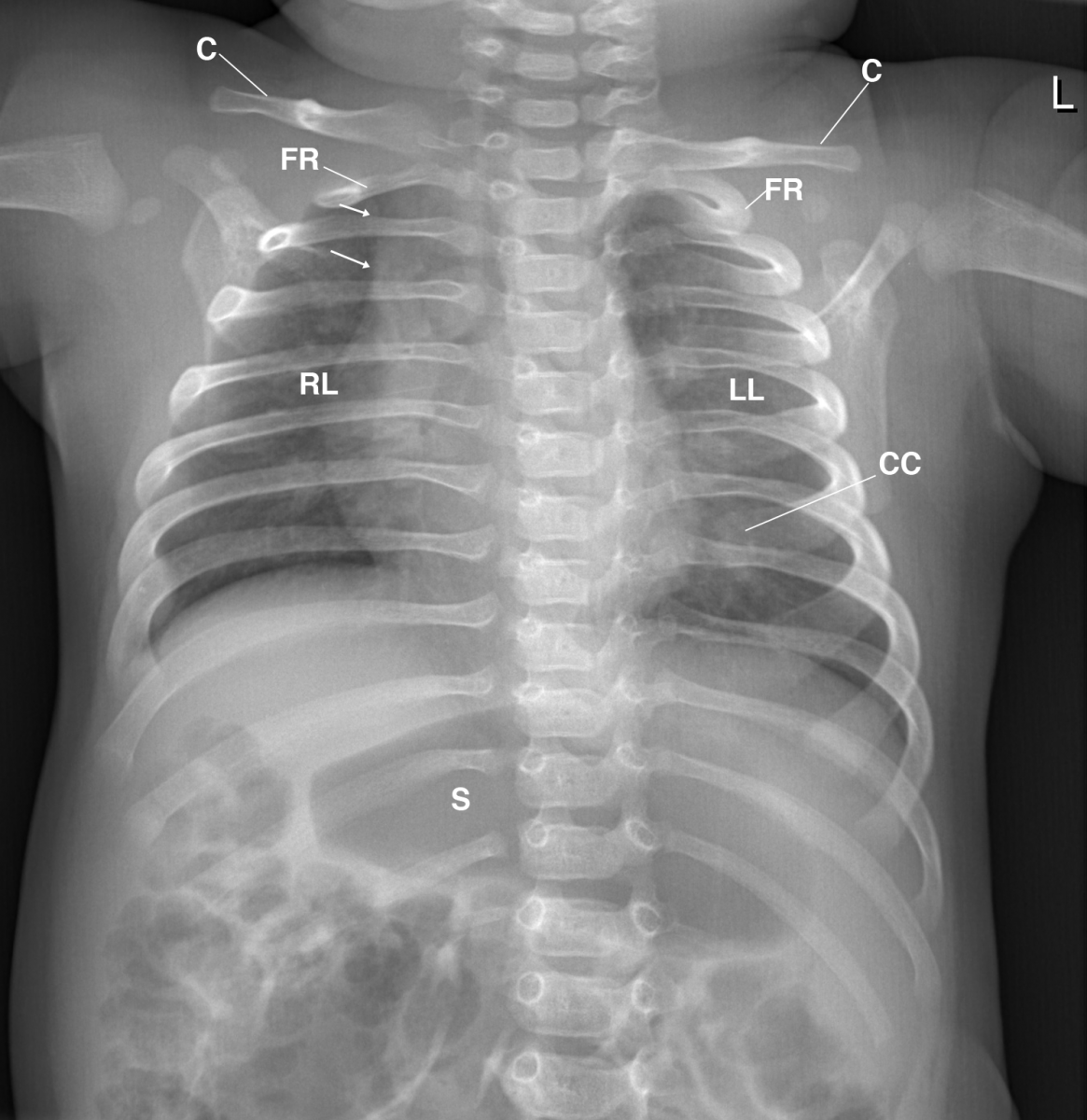Publication
Article
Internal Medicine World Report
Staying Ahead of Pertussis
Author(s):
The health care policy, written by Gary Rivard, DO, and Anthony Viera, MD, was published in The Journal of Family Practice. The authors noted that while more people are receiving vaccinations for pertussis, the US Centers for Disease Control reported 48,277 confirmed cases – the highest number since 1955, including 20 deaths related to the disease.

As reports of pertussis become more common over the years, a statement was recently released addressing ways doctors could identify and treat the condition.
The health care policy, written by Gary Rivard, DO, and Anthony Viera, MD, was published in The Journal of Family Practice. The authors noted that while more people are receiving vaccinations for pertussis, the US Centers for Disease Control reported 48,277 confirmed cases — the highest number since 1955, including 20 deaths related to the disease.
Though the number of cases dropped to 28,639 in 2013, by August of 2014 there were already more than 17,000 reported cases.
As for why the numbers have increased in recent years, the authors pointed to several factors including “a growing awareness of pertussis, and therefore a lower threshold for physicians to test for it.” They also cited the possibility of the efficacy of the vaccine lessening over time.
Rivard and Viera said a best practice for diagnosis comes when looking at patients “with a persistent, paroxysmal cough, with an inspiratory “whoop,” that has lasted for at least two weeks. With an incubation period of close to one week the authors said it can last as long as 6 weeks and is broken into 3 stages.
The first stage, which they identified as “Catarrhal,” lasts between one and 2 weeks and includes coryza, sneezing, and a “mild, occasional cough.” The second, or “paroxysmal,” stage can last between one and 6 weeks and includes coughing fits that induce a “whoop,” and “may occur more often at night and may worsen in intensity and frequency in the first 2 to 3 weeks.” Vomiting could also be a factor in this stage. It was during the “convalescent,” stage when the symptoms begin to lessen.
Treatment should include a Tdap (tetanus-diptheria-acellular pertussis) vaccine for patients younger than 64 who are in need of a tetanus booster. For those diagnosed with the disease, they recommended a macrolide antibiotic whether they are infants, children, or adults.
Some patients may also receive a DTaP (diphtheria-tetanus-acelluar pertussis) vaccine, but the authors noted the Tdap “contains a reduced dosage of diphtheria and acellular pertussis vaccine. The DTaP, they said is meant primarily for patients under the age of 7 while Tdap is for older children and adults.
The authors also suggested pregnant women should receive the Tdap vaccine between the 27th and 36th week of their pregnancy, as the mother’s antibodies will go to the infant which would provide at least some protection at birth.
There are 4 methods of testing for pertussis including PCR, DFA, serologic, and cultures. The authors said PCR is the preferred method, “because of its rapid turnaround and fairly high sensitivity.” The test, they noted, was not as effective for patients who have had a cough for more than 2 weeks as the disease may have progressed into convalescence.
The DFA was found to require not only special equipment but also the need to be read by someone properly trained and is not always sensitive enough to find the condition. Serologic testing, they said, does not work for patients with cellular pertussis or those who have had the infection for a few weeks. Cultures could be beneficial provided they were properly collected and identified in a timely manner.






